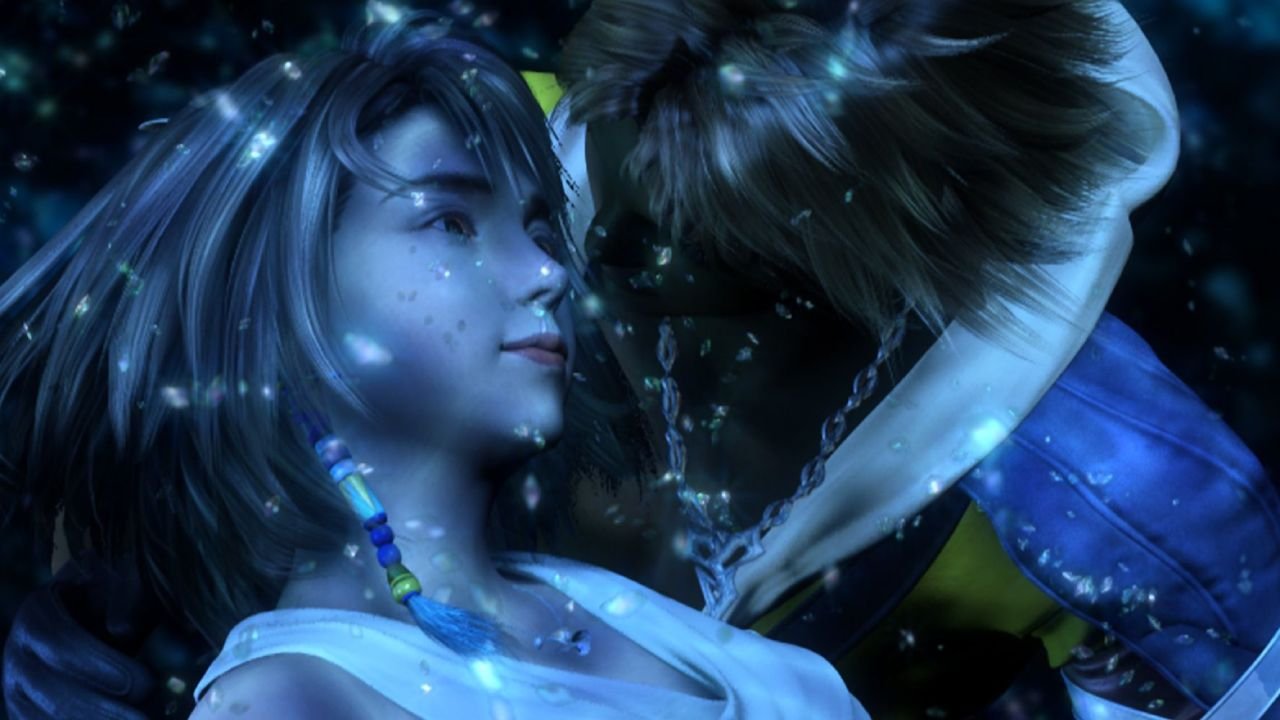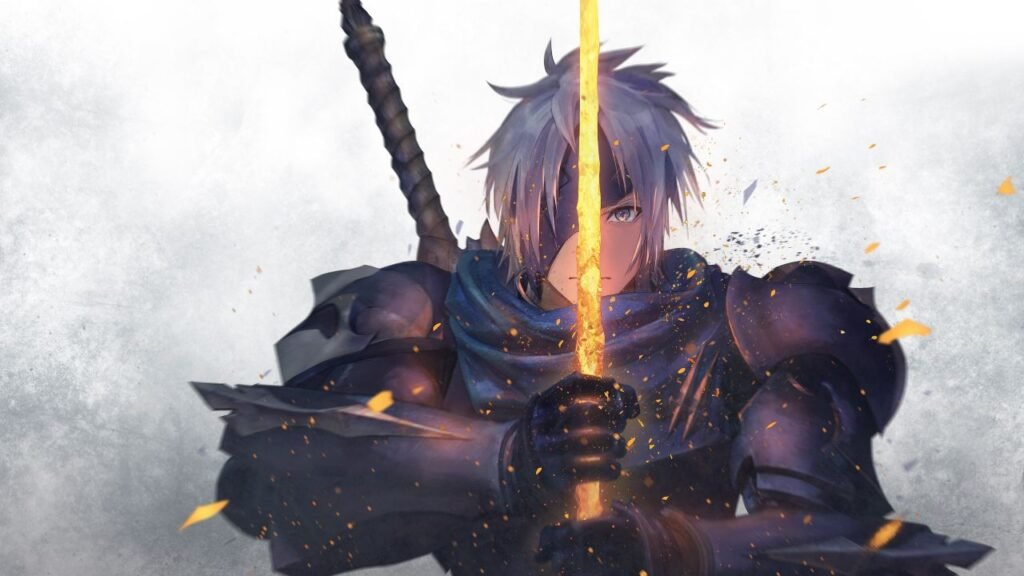Table of Contents
OpenAI Faces Resistance from Japan’s Entertainment Industry Over Unauthorised AI Training
As artificial intelligence continues to reshape global creative industries, Japan’s major entertainment companies are drawing a firm line. Following growing reports of unauthorised content generation, the Content Overseas Distribution Association (CODA) has issued a formal protest against OpenAI, accusing the company of using Japanese intellectual properties to train its Sora 2 video-generation model without permission.
Sora 2 Sparks Copyright Concerns
The controversy erupted when users of OpenAI’s Sora 2 began generating videos featuring characters and worlds closely resembling iconic Japanese franchises from anime to video games. These results have led industry observers to suspect that Sora 2 may have been trained on copyrighted Japanese works, potentially without the necessary licensing agreements.
While the AI pioneer has previously taken care to avoid Western IPs in its training data, Japanese companies argue that the same caution was not applied to their creative assets.
CODA’s Formal Protest
Representing more than 30 of Japan’s largest media and entertainment firms, CODA released an official statement demanding that OpenAI immediately cease using Japanese IPs for AI model training. The organisation’s membership includes heavyweights such as Bandai Namco, Square Enix, Cygames, and Toei Animation, names synonymous with some of the country’s most valuable creative exports.
The request covers not only anime but also extends to video games, music, films, and television productions. The directive specifies that no member IP may be used in AI training unless the company gives explicit written consent.

Legal and Ethical Implications
Under Japanese copyright law, companies are required to obtain permission before using protected works for training AI models. CODA maintains that the alleged use of these materials constitutes a violation of both domestic and international copyright standards.
The protest also reflects Japan’s growing concern about AI-generated media and its impact on creative integrity. As AI tools like Sora 2 become more capable of reproducing distinct art styles and characters, the line between inspiration and infringement has grown increasingly blurred.
A Broader Industry Reckoning
Japan’s pushback highlights a broader global debate about the relationship between AI technology and the creative industries. As companies continue to advance generative models, studios and rights holders are demanding greater transparency, control, and compensation for how their work is used.
For Japan — home to some of the world’s most recognisable media properties — the fight isn’t just about copyright. It’s about preserving the cultural identity and artistry that have defined its global influence for decades.

